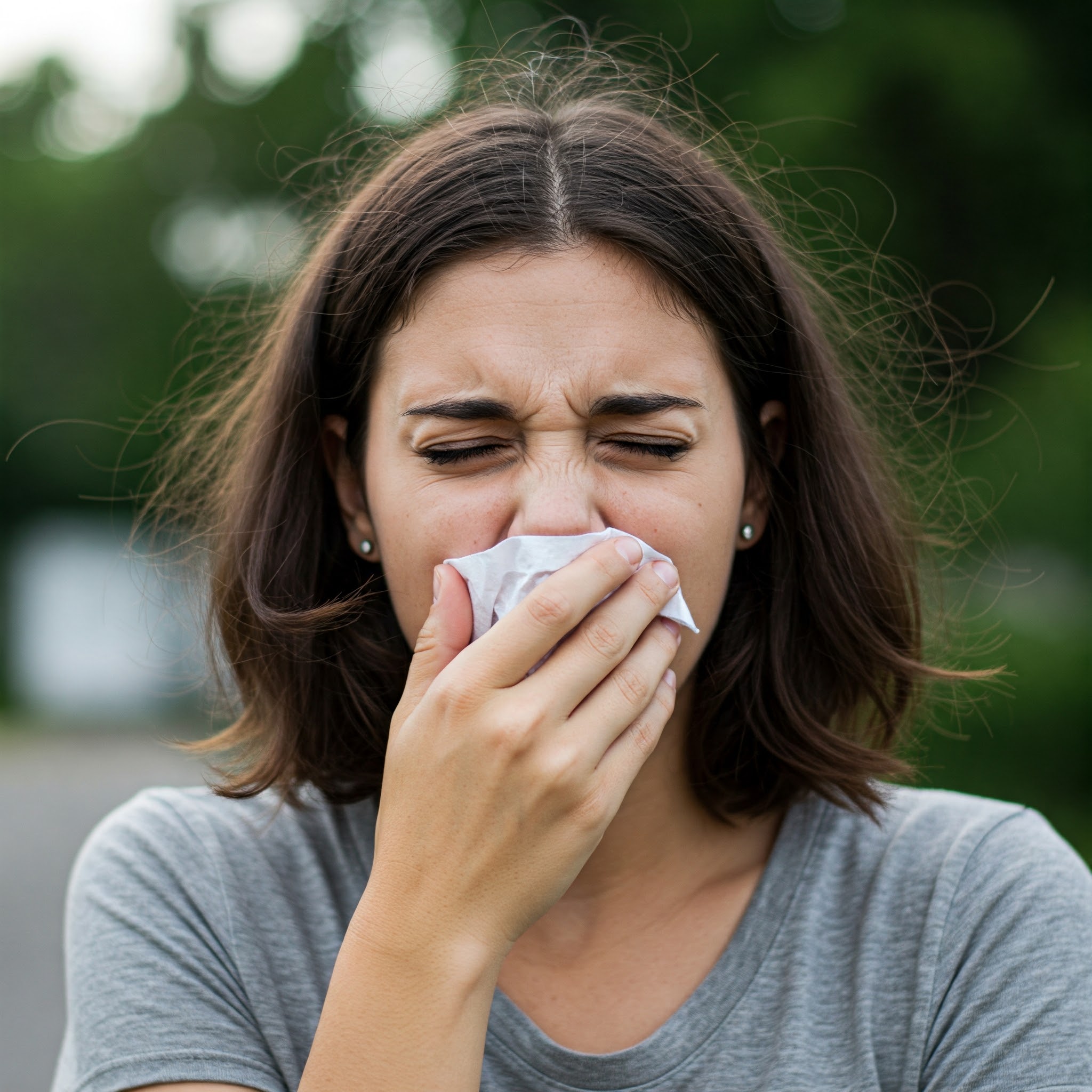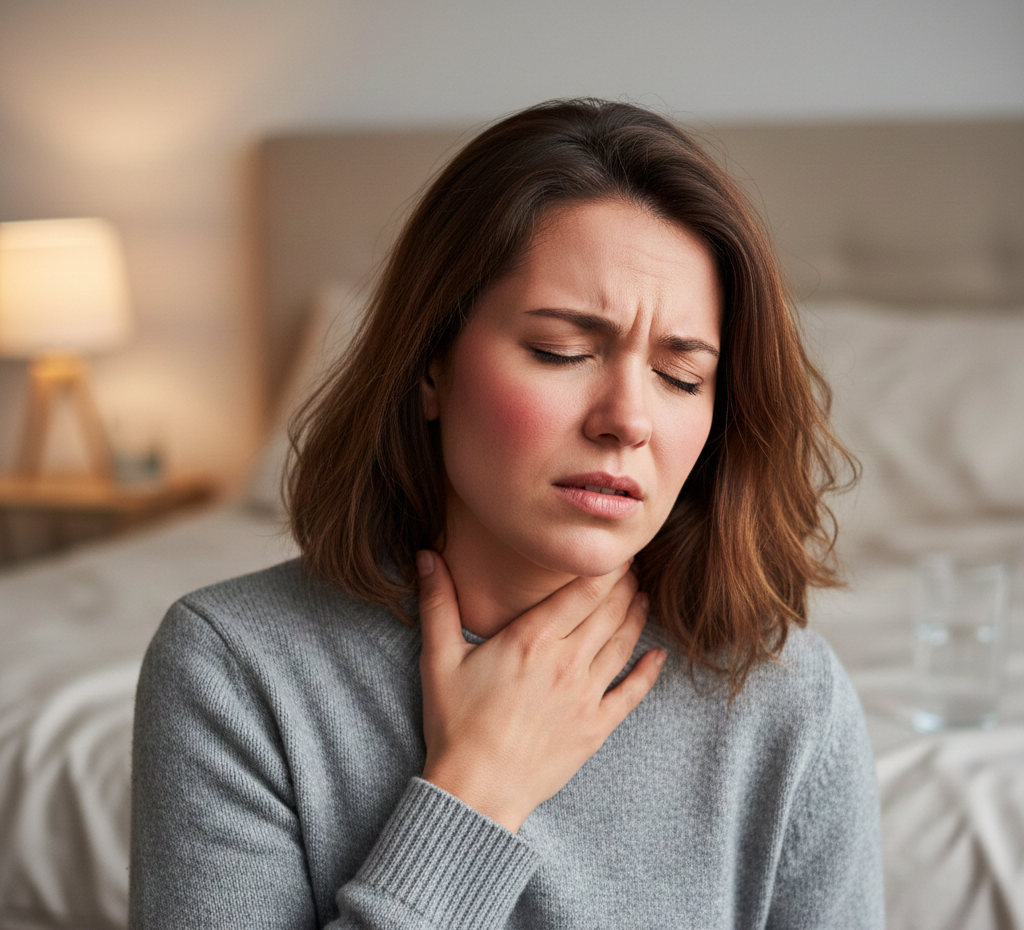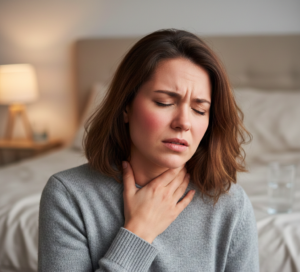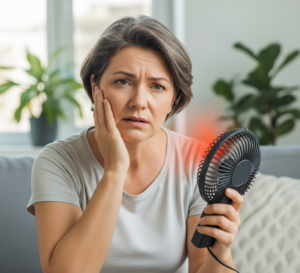Allergies: Symptoms, Types & Treatment
Allergies occur when the immune system overreacts to normally harmless substances (allergens), triggering symptoms that can range from mild to life-threatening.
Check out our affiliate products to help you reach your goals! – Click Here
Common Allergy Symptoms
- Respiratory: Sneezing, runny nose, nasal congestion, coughing, wheezing
- Skin reactions: Itching, hives, redness, eczema
- Eye irritation: Watery, red, itchy eyes (allergic conjunctivitis)
- Severe reactions (anaphylaxis): Difficulty breathing, swelling, dizziness (requires emergency care)
Most Frequent Allergy Types
- Respiratory allergies:
- Allergic rhinitis (hay fever)
- Asthma
- Common triggers: Pollen, dust mites, mold, pet dander
- Food allergies:
- Most common: Milk, eggs, peanuts, tree nuts, soy, wheat, fish, shellfish
- Can cause digestive problems or anaphylaxis
- Skin allergies:
- Contact dermatitis (e.g., nickel, latex, cosmetics)
- Atopic dermatitis (eczema)
- Drug allergies:
- Penicillin and other antibiotics are common triggers
- May cause rashes or severe reactions
- Insect sting allergies:
- Bees, wasps, fire ants
- Can lead to dangerous swelling
Diagnosis Methods
- Skin prick test (exposure to small allergen amounts)
- Blood tests (IgE antibody measurement)
- Elimination diet (for food allergies)
- Patch test (for contact allergies)
Treatment Options
- Avoidance: Eliminating exposure to known allergens
- Medications:
- Antihistamines (loratadine, cetirizine)
- Nasal corticosteroids (fluticasone)
- Decongestants (short-term use)
- Epinephrine auto-injector (for severe allergies)
- Immunotherapy: Allergy shots for long-term relief
Prevention Tips
- Use dust mite-proof mattress/pillow covers
- Keep windows closed during high pollen seasons
- Wash bedding weekly in hot water
- Always check food labels for allergens
- Carry emergency medication if needed
When to Seek Medical Help
Consult an allergist if:
- Symptoms interfere with daily life
- OTC medications don’t provide relief
- You experience signs of anaphylaxis (throat swelling, breathing difficulty)
- While allergies can’t be cured, proper management can control symptoms effectively.
Note: For personalized medical advice, always consult a healthcare professional.













